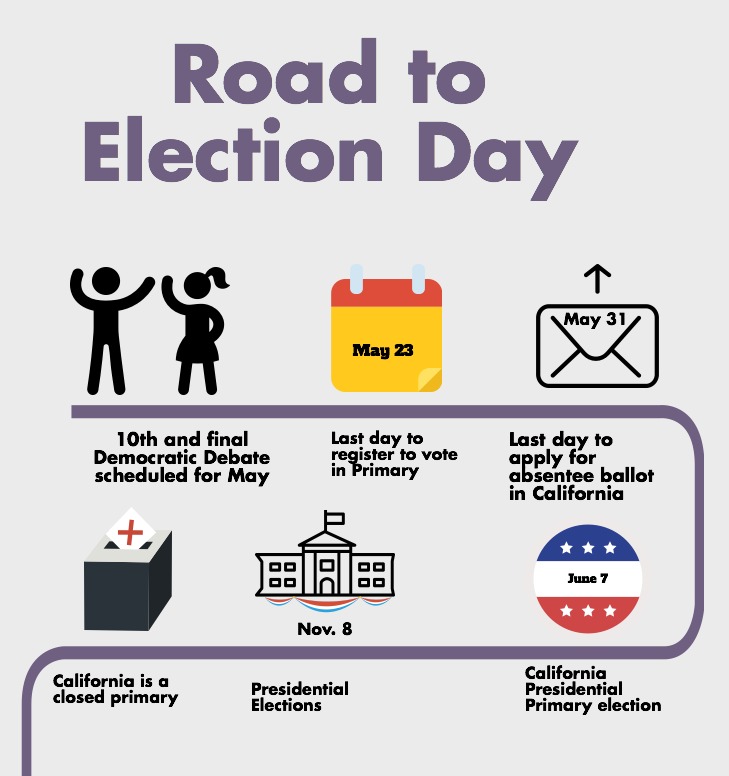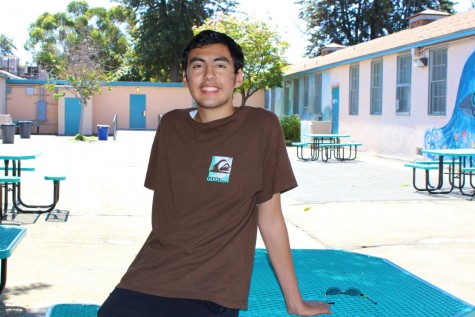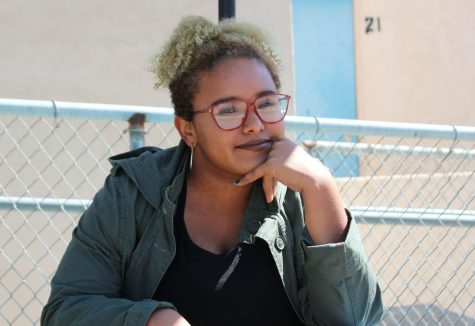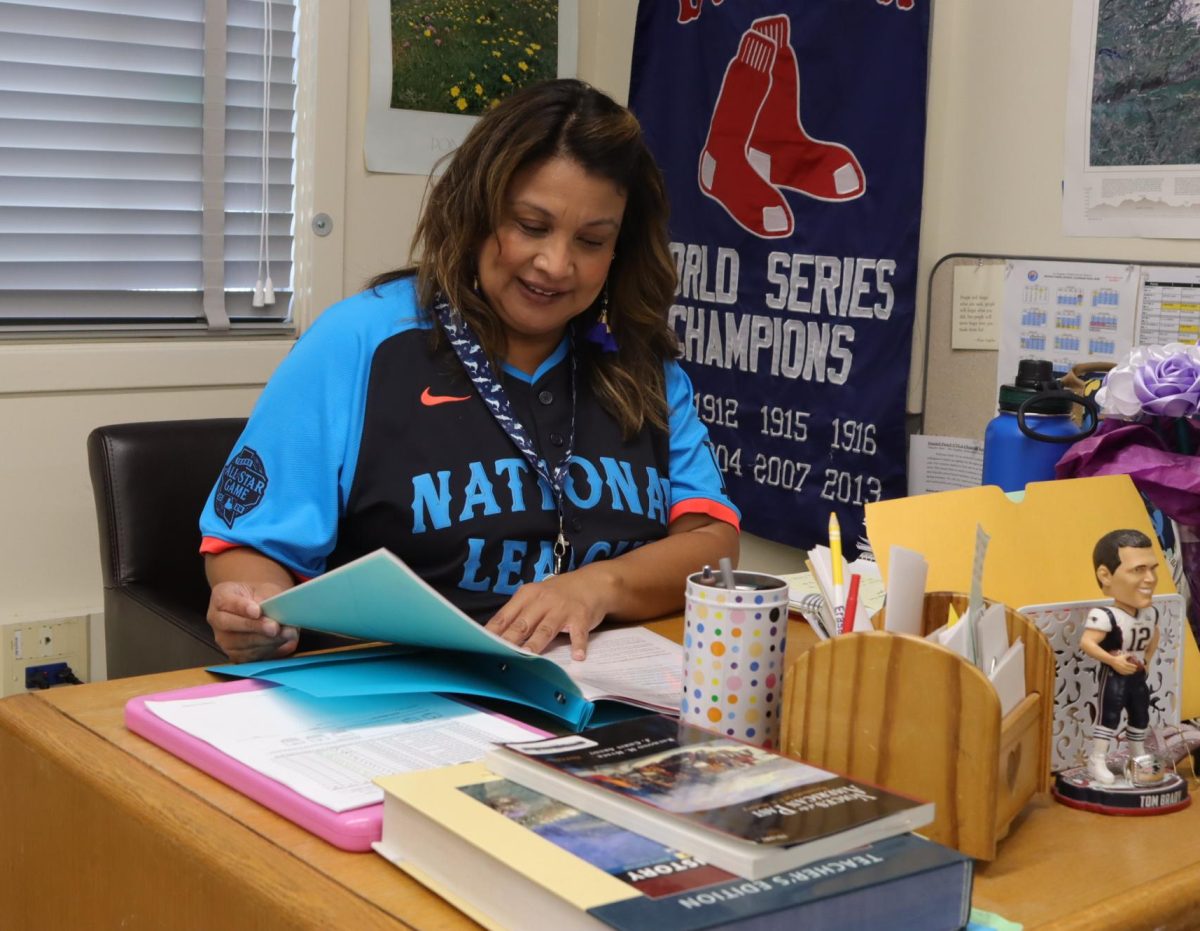Teenagers understand complexity of political campaigns and elections
May 23, 2016
Voting booths across the nation will be filled with young voters for the presidential election November.

Believe it or not the race for president isn’t just a few months out of the year, instead it takes a little over a year. First nominees for candidates from each party are given and then primary or caucuses elections are held in each state to narrow down who will be running in the final race for president.
In light of the current presidential race, students have started to play a larger role in the campaigns of political candidates. Education of politics in high school and opinions of parents influence the new generation of voters greatly. Even though they can’t vote, students start learning about politics and can campaign for their favorite politicians.
“I used to be impartial to politics at a young age,” sophomore Dean Khazanov said. “Now I am thinking for myself and base my views on my knowledge.”
But some students have problems understanding the complex topic of politics. Teens can easily misinterpret politics when there is a lack of knowledge from their parents and no political educational classes.
Texas Tech University’s political science students did an experiment on their fellow peers about basic political questions such as who the vice president of the United States is. Many did not know the answers and this showed the failure of education nationally to teach politics.
“I feel like I have enough knowledge of politics and I am educated,” senior Lorenzo Escobar said. “My AP Government class made me think for myself rather than other people telling me what to believe.”
There is some information that the general public seems to not know when it comes to voting and politics such as the electoral college.
The electoral college, a small select group of voters, directly elects the president rather than the people as a whole. They are chosen per state and by its population.
Due to this, people start believing that their vote does not matter. However, every vote has an impact because the electors are heavily influenced by what the people voted for.
Another confused topic is the voting that takes place before the general election such as primaries and caucuses. In the two major political parties in America, Republican and Democrat, the primaries and caucuses are elections that take place in every state to pick the presidential candidates for the general election.
A primary is an election within each respective political party to choose the person that will represent the party in the general election.
California uses the closed primary system. This means that in order to vote, prospective voters need to specify what political party they prefer so they can vote for that specific candidate they can vote for that specific candidate.
A caucus is a meeting held with legislative leaders to elect candidates, the states Iowa, Nevada, Minnesota, Colorado and nine other states use the caucus system. At these caucuses the leaders debate about each candidate until ultimately a candidate wins the vote at the end. This is only held in 11 states.
According to a Gallup poll survey conducted in May of 2014 by Jeffrey M. Jones, more students have classified themselves as independent. This means that they do not belong to a specific political party. This has come from younger people receiving more education.
“I am independent because I believe that people should think for themselves,” senior Jason Valladarez said. “Politics is an important part of real life and every vote matters.”
Students play an important role in the election process. Whether in the California primaries on June 7 or the general election, students can have their voices heard.
“Students need to vote because they can’t let the older people decide their future,” senior Jasmine Nunez said. “People joke around about certain presidential candidates’ personalities but they need to be informed about their policies because that has a larger image on their lives.








